On November 13th BBC North is hosting a networking evening with Media Parents for freelancers and independent companies from across the North at Salford’s MediaCity UK. This groundbreaking event which will embrace production across Manchester and the North has been co-ordinated by Media Parents, a jobs website and organisation which aims to pull all the short term, regular hours, job share and part time jobs in media into one place, to help freelance working parents, or anyone who wants to work flexibly to balance the demands of life and TV production.

If you have more than 3 years' media experience see www.mediaparents.co.uk for great networking, talent, jobs and information.
Media Parents will be hosting with BBC North, and will be joined by Talent Execs, Managers and MDs from the BBC, Shine, ITV North, Title Role, Blakeway North, True North Productions and Nine Lives Media amongst other indies. The evening will include a brief discussion on flexible working in TV production, followed by an opportunity to network with local TV production freelancers, broadcasters and Indies.The evening of networking and discussion on how TV can work more flexibly will begin at 6:30pm and is strictly by guestlist only. Here’s who will be joining us from companies in the North:

Daniell Morrisey, BBC Talent Executive, BBC Children's. BBC Children's is a company which employs through www.mediaparents.co.uk
Daniell Morrisey is a BBC talent executive with BBC Children’s, career writer and coach, previously HR & Development Manager for BBC Comedy and Entertainment and headed up recruitment for BBC News. His experience in the commercial sector included recruiting journalists and editorial staff for the print, multimedia and broadcast industries and he has worked as a journalist and magazine editor himself. Also joining us from the BBC are Victoria Roye, Talent Executive for Entertainment North. Victoria Roye has been the Talent Executive for BBC Entertainment Production North for 3 years. Responsible for the staffing of productions like Junior Doctors, The Planners, Racing Legends, Dragons’ Den and A Question of Sport to name a few. Previous to that she worked with Channel 4 implementing and delivering a Series Producer course for their upcoming freelance PDS. Her background is in entertainment production, making shows like Honey We’re Killing the Kids, Dragons’ Den and Mastermind. Paula Stringer, Production Executive for News & CA. Paula Stringer has a background in factual, entertainment and news production (both inside and outside the BBC) and is currently Production Executive for News Group North based in Salford. She spans all News Programming including Radio Current Affairs (File on 4, 5Live Investigates, the Report and Profile), TV Current Affairs (Rip Off Britain, The One Show, James Martin’s Operation Hospital Food and BBC3 docs), 5Live (all programming now comes from Salford inc Nicky Campbell and Rachel Burdens breakfast show, Victoria Derbyshire, Shelagh Fogarty, Richard Bacon etc.), BBC Breakfast (3 hours of live News programming every day) and Regional and Local Programming (North West Tonight, Inside Out, Online, Sunday Politics and Sport on Sunday). Her role is wide ranging and she works closely with Head of News North and editors/execs from each department on the strategic direction of News in Salford and offers the operational plan of action to achieve the specific goals set and manages the Production Management teams across News Group North. A key part of her role is involvement in recruiting, retaining and developing the best journalists and production management talent in the North for News and also ensure effective succession planning takes place. We will also be joined by Aesha Zafar, Resourcing & Talent Business Development Partner, BBC North.

Jackie Barnett, Talent Exec, Religion & Ethics.
Jackie Barnett, Talent Executive, BBC Religion & Ethics. I am a Talent Executive for BBC Religion & Ethics looking after Editorial staff for both TV and Radio programmes. I’m keen to meet those across all job categories with relevant knowledge and experience and an interest in working across BBC Religion & Ethics programming. Victoria Goodwin, Talent Executive, BBC Learning Current Role: Leads on staffing & recruitment for BBC Learning teams, based in Salford, London and Bristol; ensuring that we attract, manage and develop the very best staff base possible; reflecting diversity & creative excellence, which helps us deliver our strategic objectives.
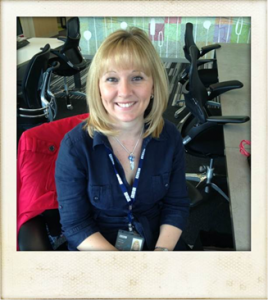
Victoria Goodwin, BBC Learning, Talent Executive.
19 years’ experience of working in the Broadcasting Industry. I began my career after a work placement on Good Morning with Anne & Nick at BBC Pebble Mill. From there I went to a small independent production Company specialising in the production of Corporate training & promo videos. I moved from there to ITV for 5 years, where I was trained as studio gallery Production Assistant in News programming. This was followed by a short foray into the Cable Network, where I worked on the start-up and operational growth of local Sports programming studios for NTL across the UK, which subsequently became Virgin Media. I returned to work for the BBC 10 years ago and joined the Children’s department in London. I have predominantly worked in Production Management roles throughout my career, from Production Secretary to Production Executive. I have worked for a variety of Companies and genres in the industry, from Daytime programming ,to Corporate, News, Sport, Children’s, Multiplatform, News & Currents Affairs and now BBC Learning.

Luke Frost, Talent Manager, BBC Children's.
Luke Frost is a Talent Manager for BBC Children’s, responsible for the development, recruitment and scheduling of staff across CBBC. His main areas of responsibility are CBBC & CBeebies Presentation, CBBC Development and CBBC non-drama covering all factual and entertainment productions.

Melissa Mitchell.
Melissa Mitchell is a Talent Manager for BBC Children’s, responsible for the development, recruitment and scheduling of staff across CBBC tv and interactive output and genres including news, factual, entertainment and drama – main areas of responsibility are Blue Peter, Newsround, CBBC Interactive, CBBC Drama including WolfBlood and 4 O’Clock Club, as well as many diversity initiatives across BBC Children’s and BBC North. 
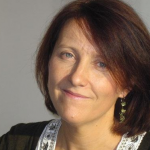
Sarah Murch, MD, Blakeway North.
Sarah Murch - Blakeway North Managing Director Sarah Murch, award winning Executive Producer joined Blakeway from Granada Television. Since her arrival at Blakeway, Murch has started developing factual programming in Manchester to complement Blakeway’s London slate of Current Affairs and Documentary Commissions – and is responsible for a range of factual commissions for an assortment of broadcasters. Maire Tracey – Blakeway North Producer I worked at Granada for 10 years as a producer / director. I produced and directed a wide range of factual programmes ranging from Science and history documentaries for Nat Geo and Discovery (Time Machine, Battlefield Detectives, The First Americans) to Factual Entertainment and archive shows (Farewell Mike, 40 Years of University Challenge) for ITV and BBC. I have filmed around the world extensively in the US and China and throughout the world using local and international crews. My factual entertainment documentary “40 Years of University Challenge” won an RTS North West award.
Tracy Walker, Talent Executive for Factual and Entertainment, ITV North, will be joining us.

 Amy Buscombe joined LA Productions as Head of Development in September 2009. She has since worked on twenty episodes of the acclaimed Jimmy McGovern-created MOVING ON for BBC One Daytime, with series four currently in post-production for tx in 2013. Amy developed and script edited JUSTICE (BBC One Daytime 2011), SECRETS AND WORDS (BBC Learning / BBC One 2012), and STEPPING UP, the company’s first children’s drama series, which aired on CBBC and BBC ONE in 2012.
Amy Buscombe joined LA Productions as Head of Development in September 2009. She has since worked on twenty episodes of the acclaimed Jimmy McGovern-created MOVING ON for BBC One Daytime, with series four currently in post-production for tx in 2013. Amy developed and script edited JUSTICE (BBC One Daytime 2011), SECRETS AND WORDS (BBC Learning / BBC One 2012), and STEPPING UP, the company’s first children’s drama series, which aired on CBBC and BBC ONE in 2012.

Amy Buscombe, Head of Development for LA Productions will be networking with Media Parents on Nov 13th.
Amy is currently working on COMMON, the new BBC One single drama from Jimmy McGovern, which has been greenlit for production in 2013. Among other projects in development are new dramas from Alice Nutter, John Fay, Marks and Gran, Shaun Duggan, Nick Leather and Esther Wilson. Previously Amy has worked as a freelance script editor, New Writing Co-ordinator at BBC writersroom, Broadcast Assistant at BBC Radio Drama and Business Rights Executive for BBC Television Drama and Children’s Programmes.

Amee Fairbank, MD of Lizardfish TV.
Amee Fairbank, MD, Lizardfish TV Amee Fairbank graduated from the University of Teesside in 2006 with a BA (Hons) Media. Her experience in production lead to her researching and making over thirty programmes for Lizardfish for channels such as the BBC, Teachers TV and corporate companies, with two of the programmes being nominated for RTS and BAFTA Awards. She has directed programmes for Teachers TV.

If you have more than 3 years' media experience see www.mediaparents.co.uk for great networking, talent, jobs and information.
Amy Walker, Media Parents Director and founder continues to work as a factual Series Producer in addition to championing flexible working and Media Parents. Currently working for Mentorn Media on the World’s Scariest series for Channel 5 which regularly gets more than 2million viewers for the channel, Amy has worked in TV production for more than ten years, in five continents, gaining an RTS award along the way. She has worked for all the major broadcasters, with many indies large and small, and has had her own ideas commissioned. Her passion is to keep experienced talent in TV, and she believes that production can work more flexibly in order to do this.
Claire Brown works as Companies Liaison for Media Parents. Claire works flexibly from home on the Media Parents website, as well as bringing up her three children. Claire previously worked as a Business Development Manager for BBC Broadcast, and as a business consultant for FOX International Channels, Nat Geo and the BBC before leaving to start her family. Please scroll further down this blog to see a photo of Amy and Claire.

Cat Lewis of Nine Lives Media will be networking with Media Parents in Salford.
Cat Lewis is the CEO, Joint Creative Director and Executive Producer for Nine Lives Media an Independent Production Company based in Manchester. Cat has worked continually since 2002 as an Executive Producer, specialising in factual programming and winning many awards. She has come up with the ideas for and overseen the production of hundreds of hours of factual programmes for the BBC, Channel 4, ITV, Channel 5, AETN, Discovery and Sky.  Cat also makes programmes directly for American channels. She set up her own production company – Nine Lives Media on 3rd September 2007. Nine Lives has built a reputation for producing programmes which are highly acclaimed, have great production values and usually rate exceptionally well. Before becoming an Executive Producer, Cat enjoyed a successful career as an award winning Producer/Director, Series Producer and on screen News Reporter for the BBC and Granada. Cat is the founder and chair of the Indie Club, which she’s run since September 2006 to support television production in the north – www.indieclub.tv. She is on the PACT Council as the representative of independent production companies based in the English Regions – www.pact.co.uk . Cat is also on the committee of the Royal Television Society North West.
Cat also makes programmes directly for American channels. She set up her own production company – Nine Lives Media on 3rd September 2007. Nine Lives has built a reputation for producing programmes which are highly acclaimed, have great production values and usually rate exceptionally well. Before becoming an Executive Producer, Cat enjoyed a successful career as an award winning Producer/Director, Series Producer and on screen News Reporter for the BBC and Granada. Cat is the founder and chair of the Indie Club, which she’s run since September 2006 to support television production in the north – www.indieclub.tv. She is on the PACT Council as the representative of independent production companies based in the English Regions – www.pact.co.uk . Cat is also on the committee of the Royal Television Society North West.

Liz Bayliffe, Production Executive, Shine North will be joining us at MediaCity UK on November 13th.
Helen Tonge Title Role, Managing Director & Executive Producer.
After 6 years with the broadcaster she left to set up Title Role Productions, but her affiliation with the channel continued. She was asked to produce and direct Ghosthunting with Girls Aloud for the channel, a format she established that has been highly successful. She also edit produced for the Saturday night entertainment show, Soapstar Superstar. Now as the co-owner and Managing Director of Title Role Productions, Helen continues to produce and Executive produce a wide range of quality programming for UK and International broadcasters. In the last few years she has created 2 high rating returning series, ‘Crimes That Shook Britain’ and ‘Britain’s Biggest Heists’ for Sky, both of which were nominated for RTS awards. She has also created a number of factual entertainment series for ITV and stand alone documentaries for History and Discovery. Helen is a member of the RTS Committee
.
Ian Bradshaw, Technical Director & Director of Photography.
![image001[2]](https://blog.mediaparents.co.uk/wp-content/uploads/2012/11/image0012.jpg)
Ian Bradshaw of Title Role.
Royal Television Society Winning Cameraman Ian has had a successful career at ITV for 10 years. He has also worked on news, factual and entertainment programmes for C4, MTV and Sky. He left Granada Television in 2005 to set up Title Role with Helen Tonge. Ian now has many TV credits to his name and is a highly recognized Cameraman and Director of Photography within the industry. Since becoming Technical Director for Title Role Ian has helped produce programming for ITV and the History Channel and gaining countless award nominations for the company. Amongst Ian’s credits are Crimes That Shook Britain & Britain’s Biggest Heists.
Carol McKenzie: Head of Production and Facilities, True North Carol joined True North in April 2009 after 25 years in YTV, Granada and ITV, where she worked across a wide variety of drama, entertainment, children’s and sport, but spent the last decade as Head of Production for Factual programmes in the North. Programmes supervised include
Billy Connolly’s Journey to the Edge of the World,
Tonight with Trevor McDonald, numerous
100 Greatest for C4,
Challenge Anneka and
Naked Science. Carol will be joined by
Samantha Stamp, Production Manager, True North. We look forward to being joined by a host of talented freelancers, and more respresentatives from other indies in the region. The guestlist for this event has now closed, do join us at future events soon. Please note that you must have 3 years’ production experience to join Media Parents.

If you have more than 3 years' media experience see www.mediaparents.co.uk for great networking, talent, jobs and information.

Helen Tonge of Title Role Productions.
Helen Tonge began her television career working on a series for FIVE with Endemol. She then worked her way up the ranks at Granada Television, researching, then producing and directing factual and entertainment programmes for ITV. She was part of the team that produced the RTS award winning series, Crimefighters.

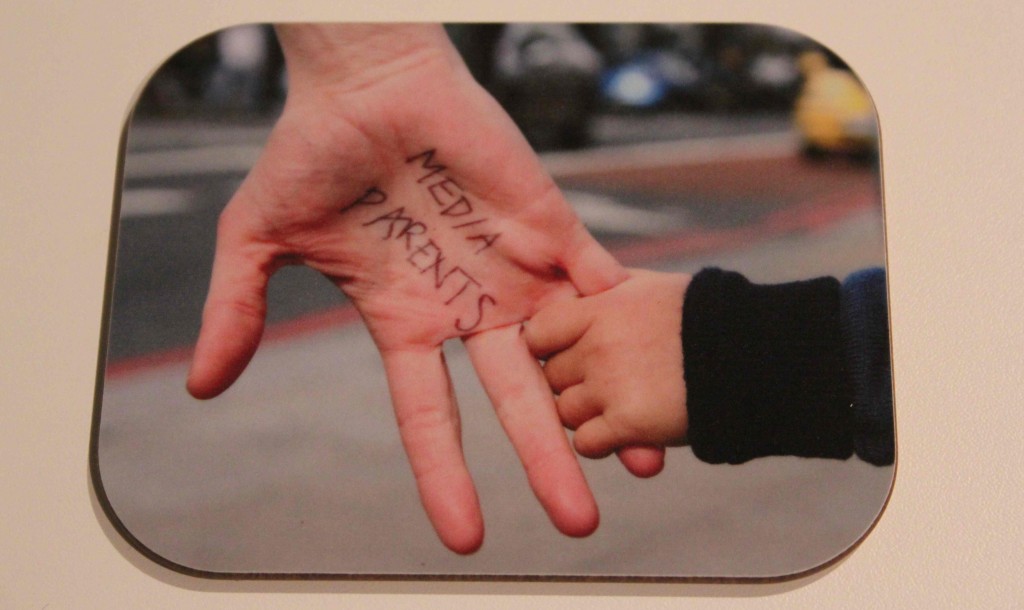
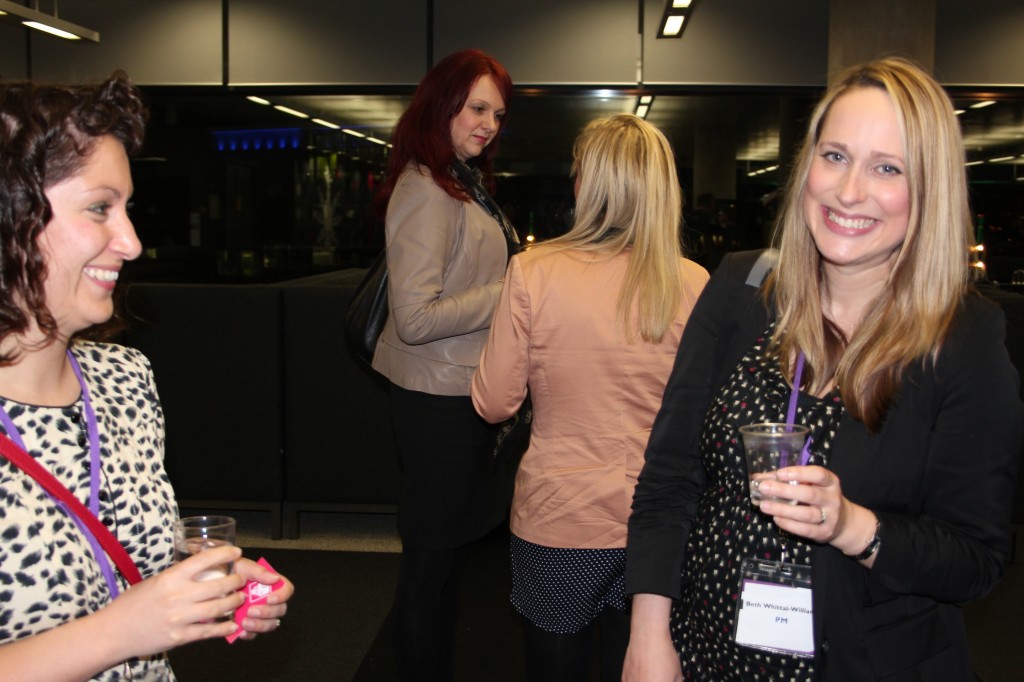
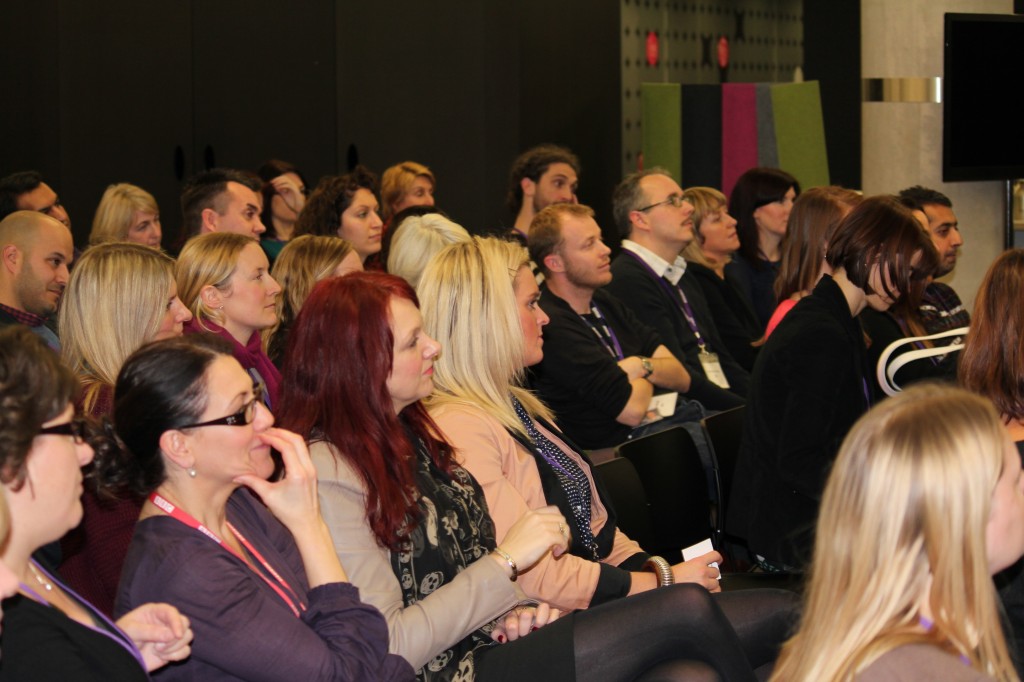
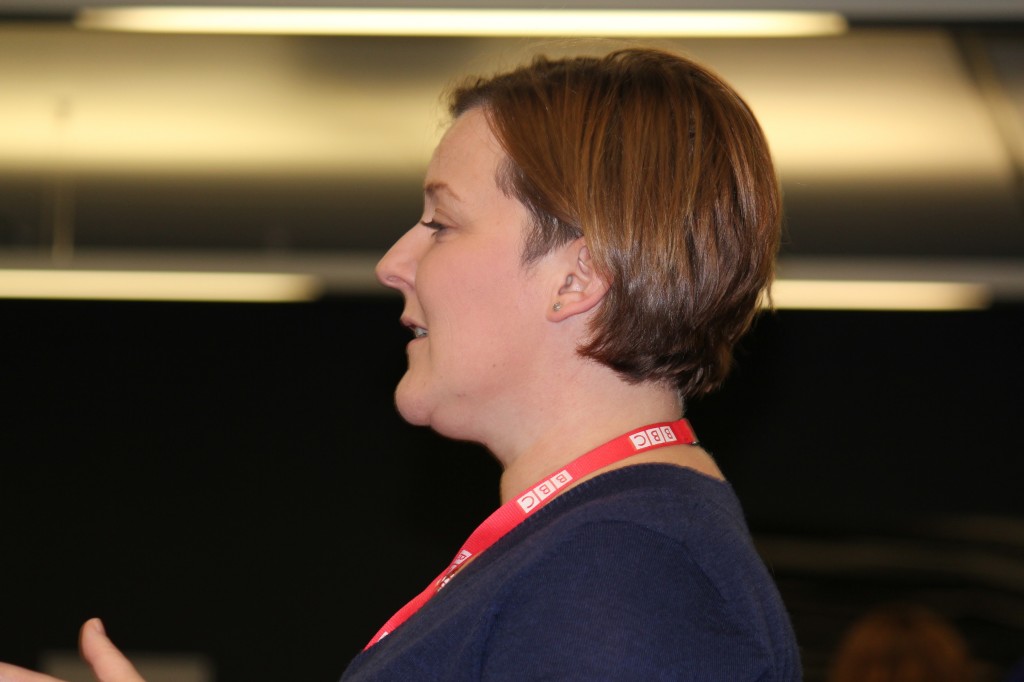
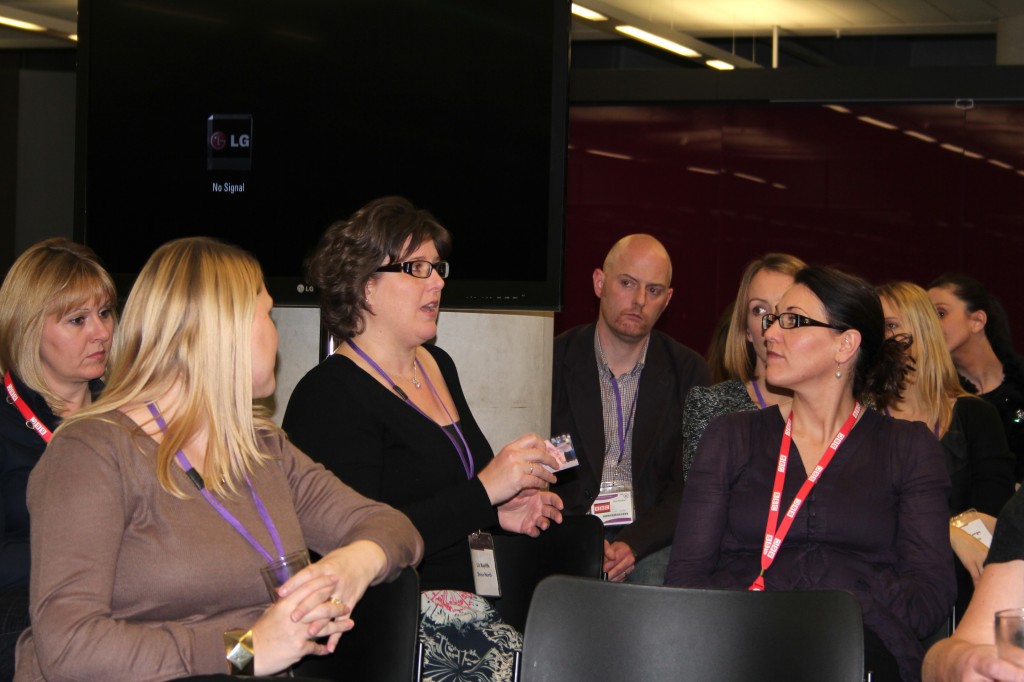
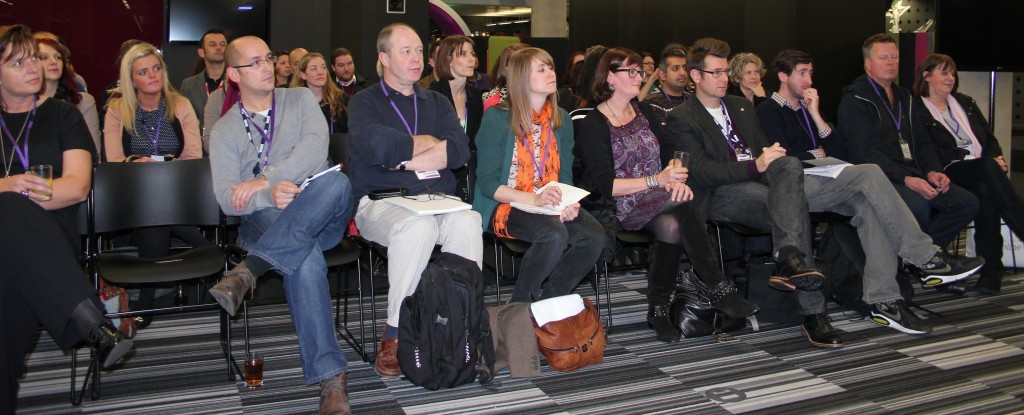
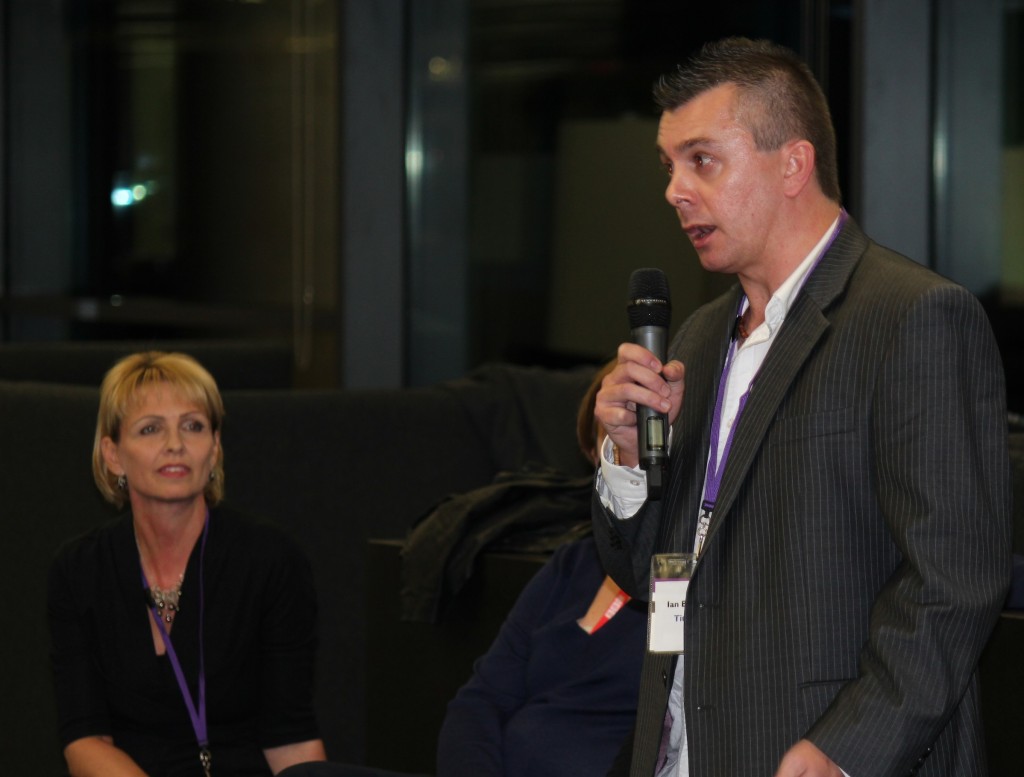
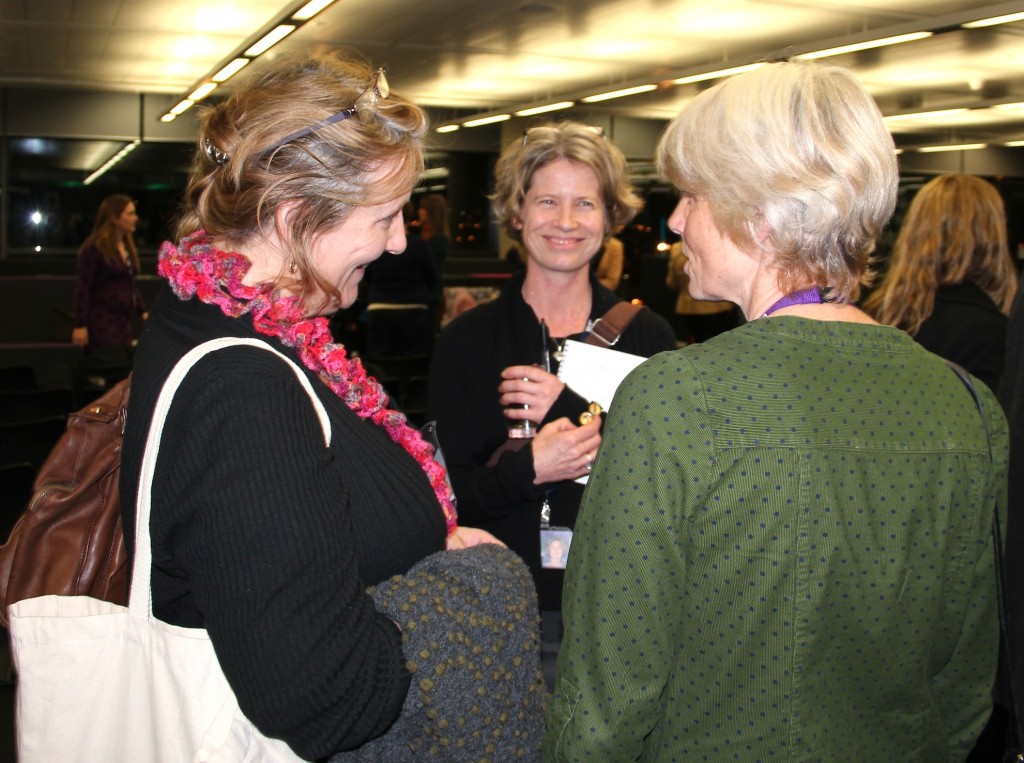
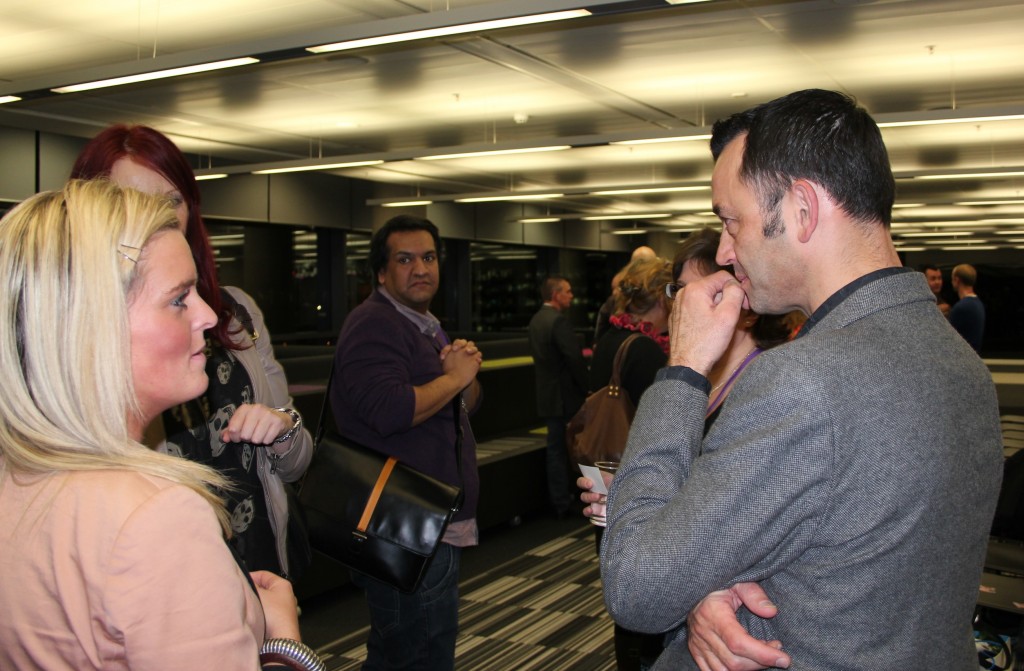
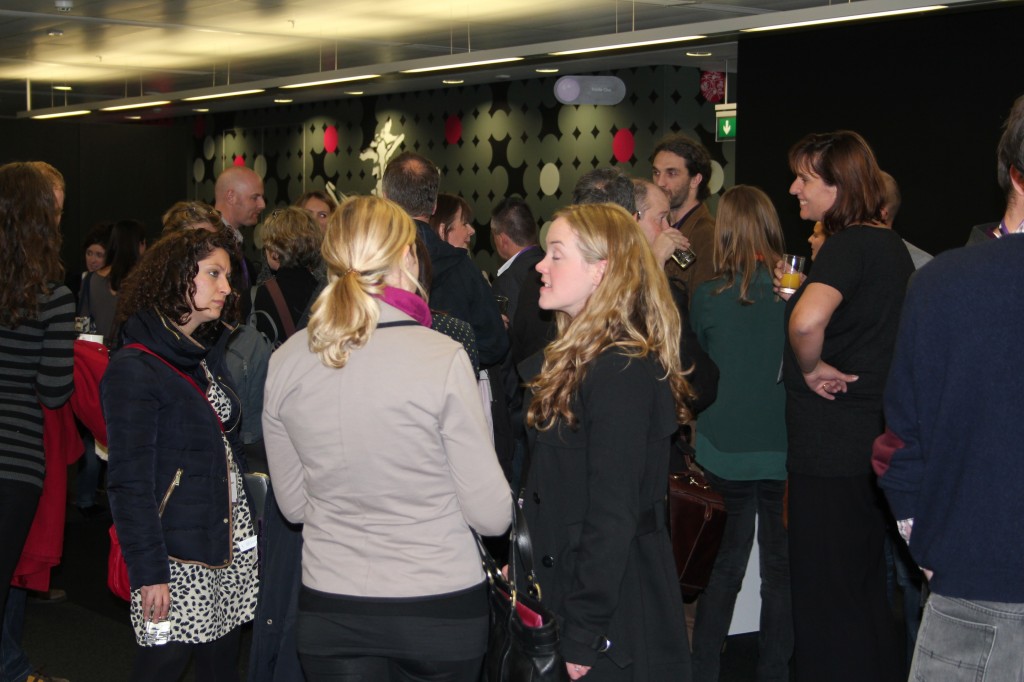
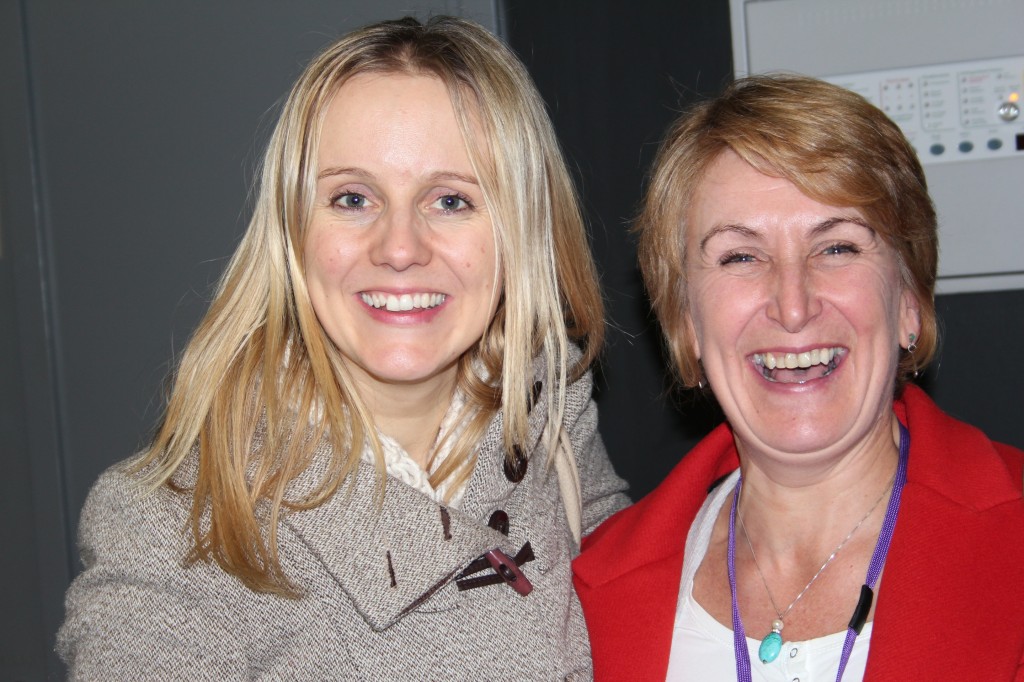
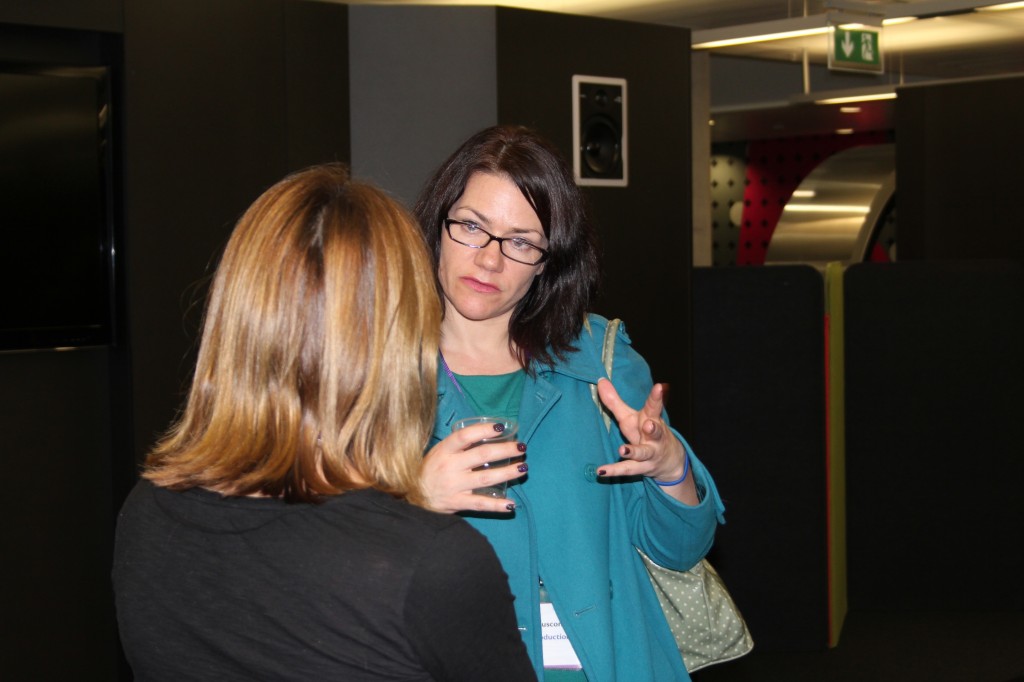
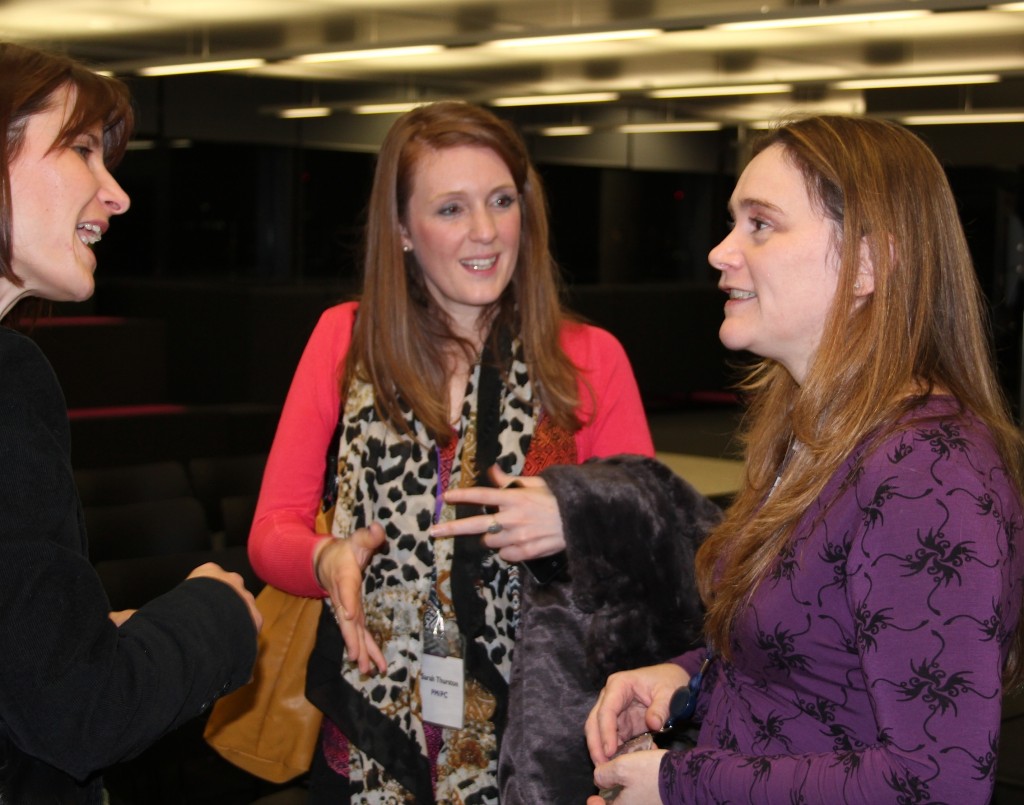
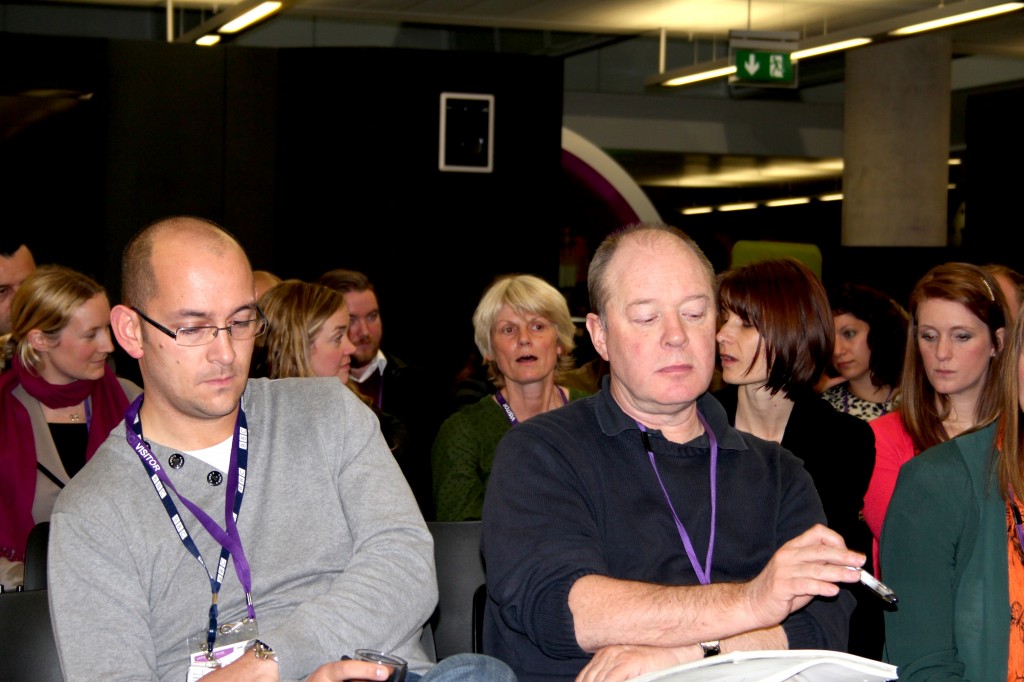
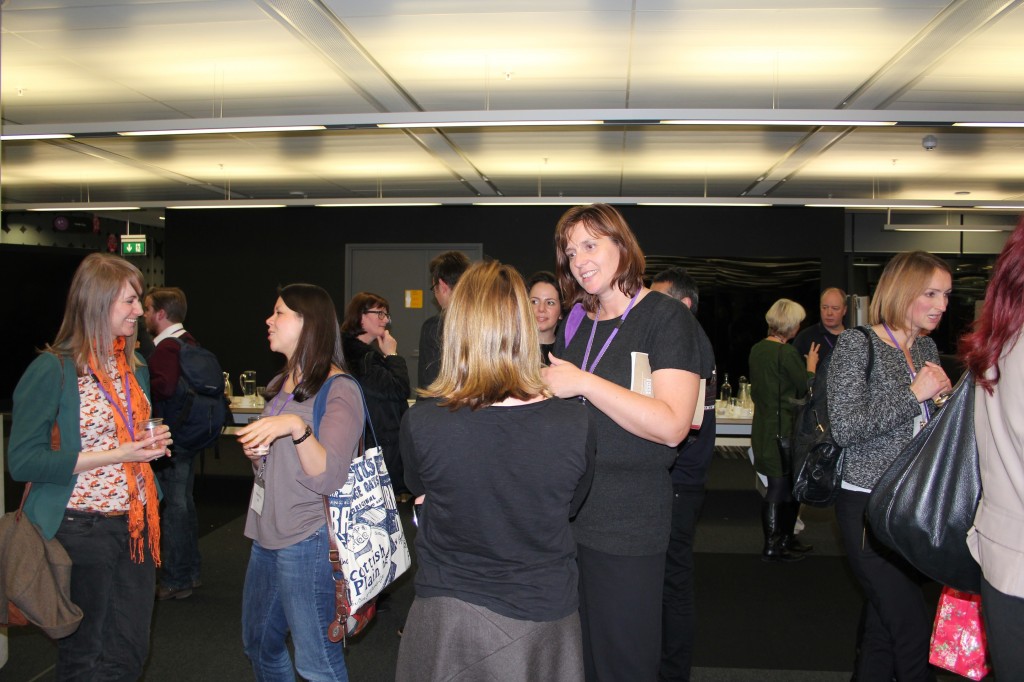
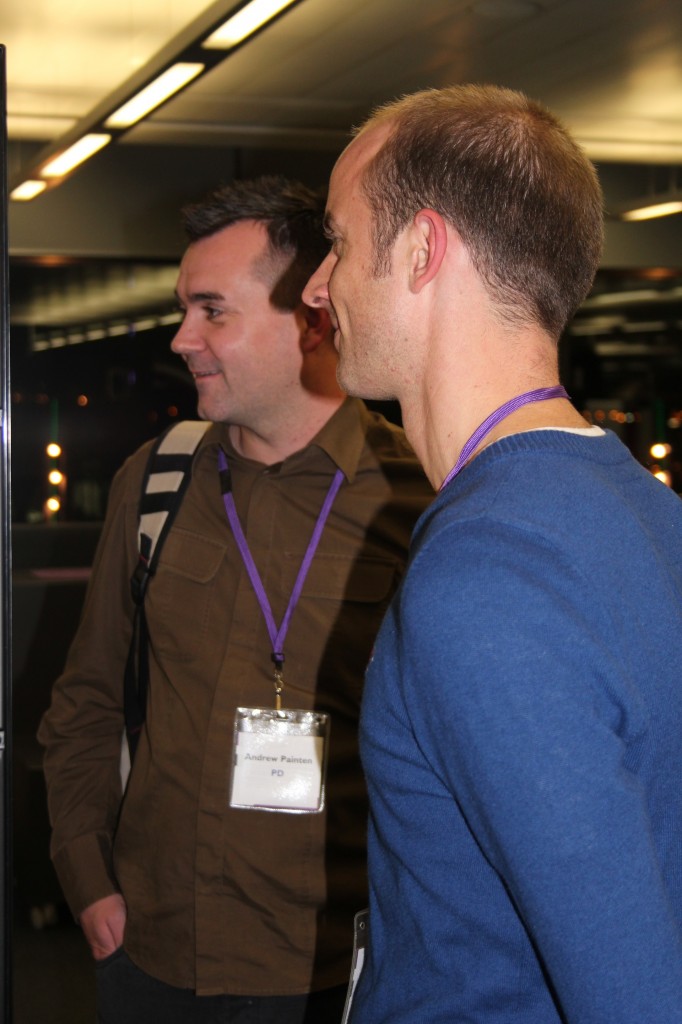
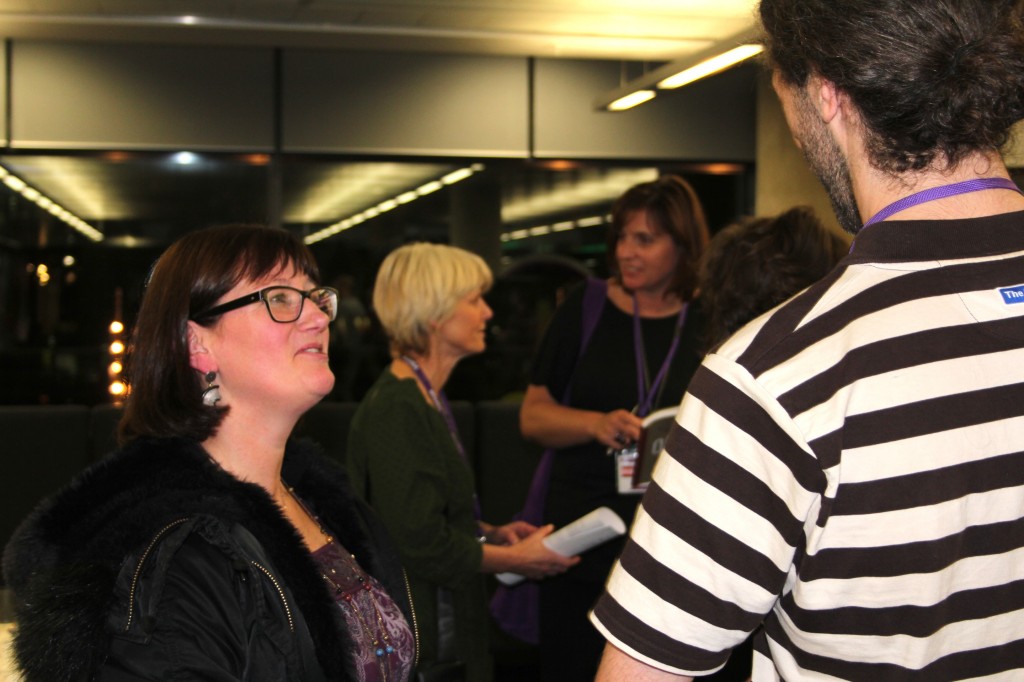
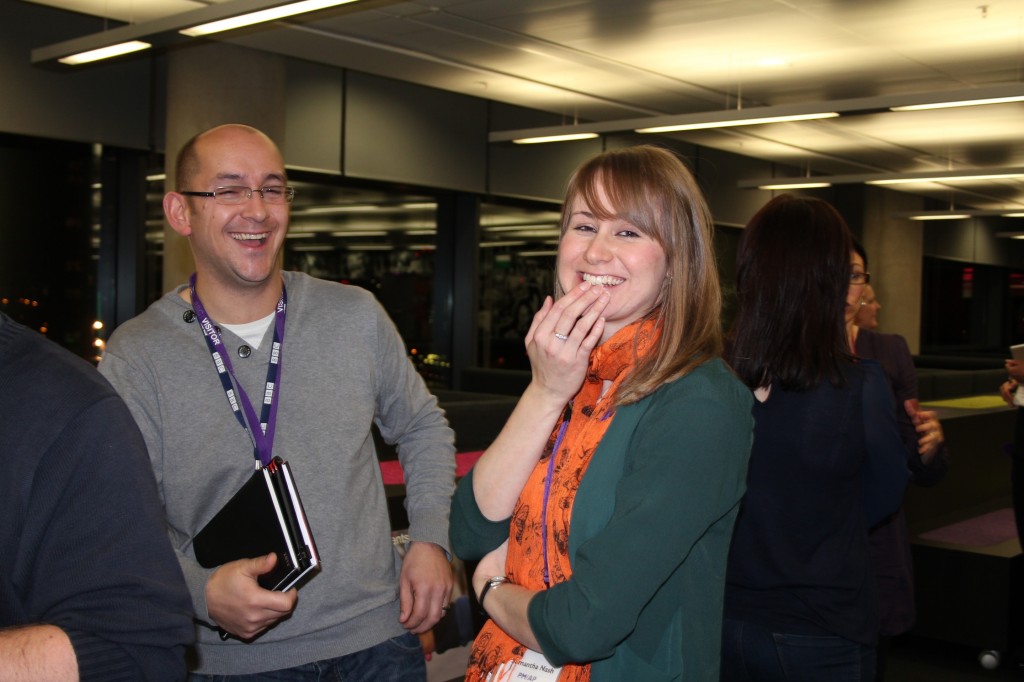
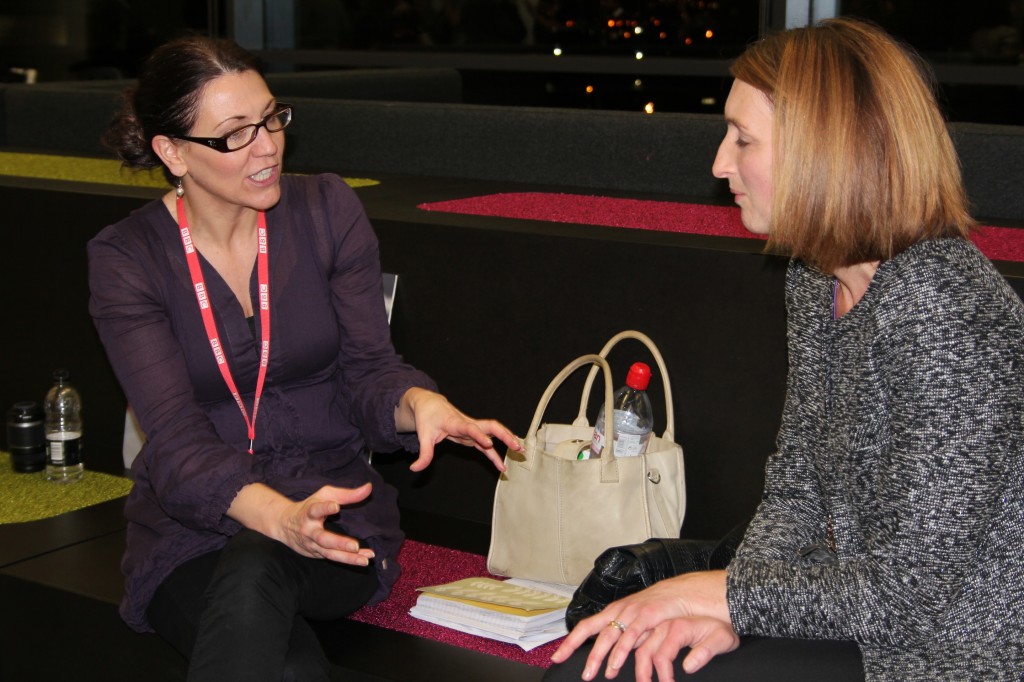
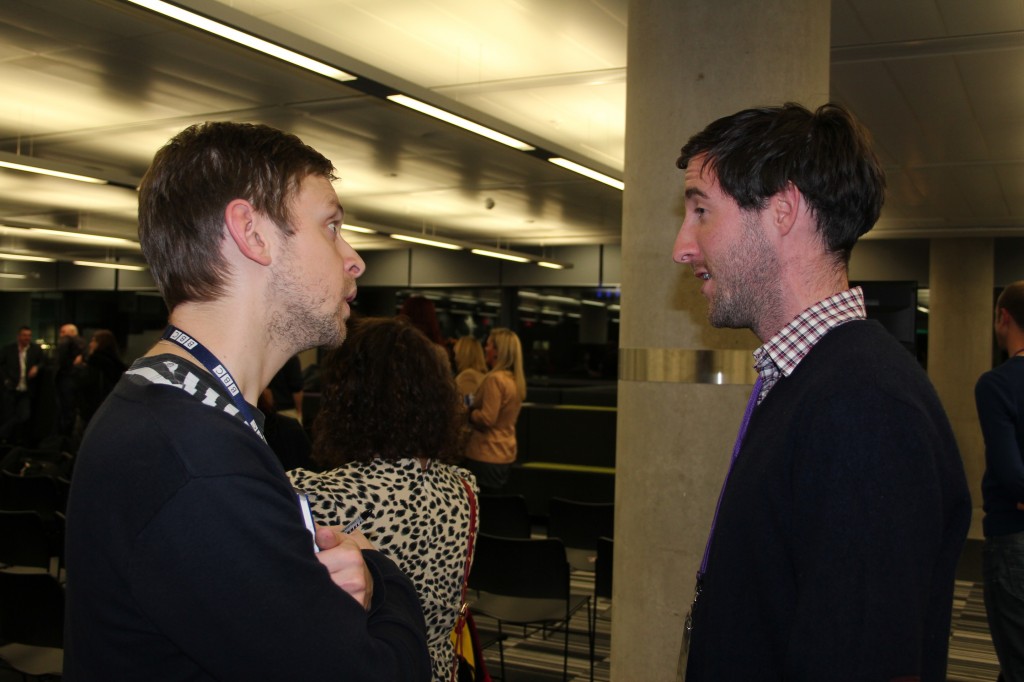
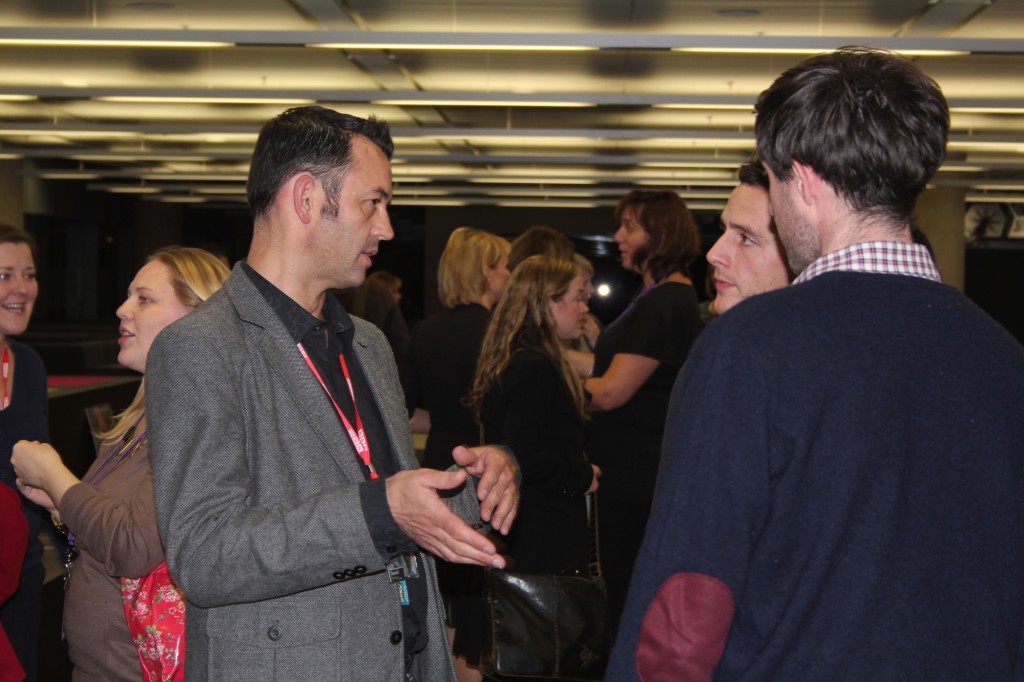
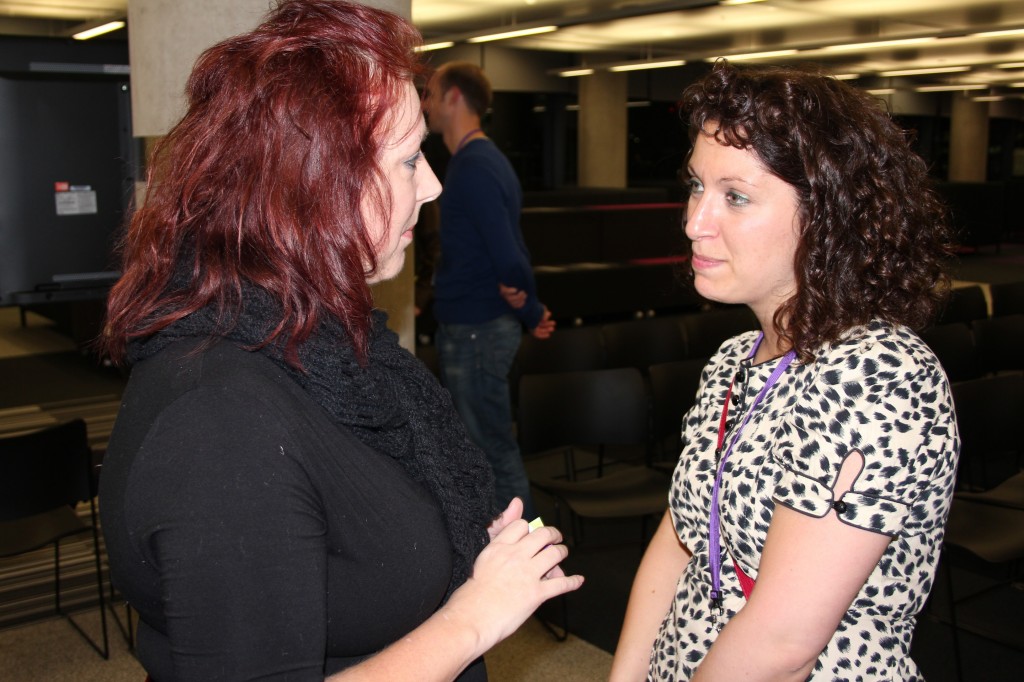
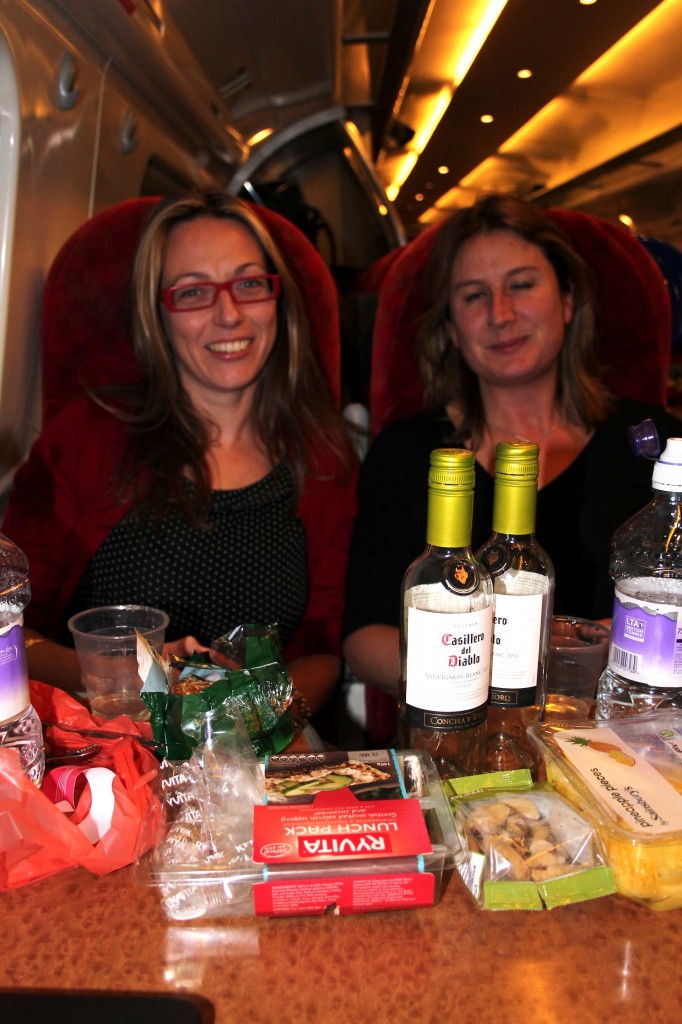
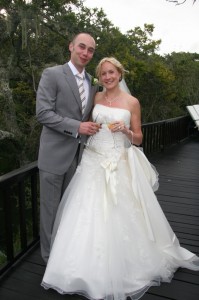
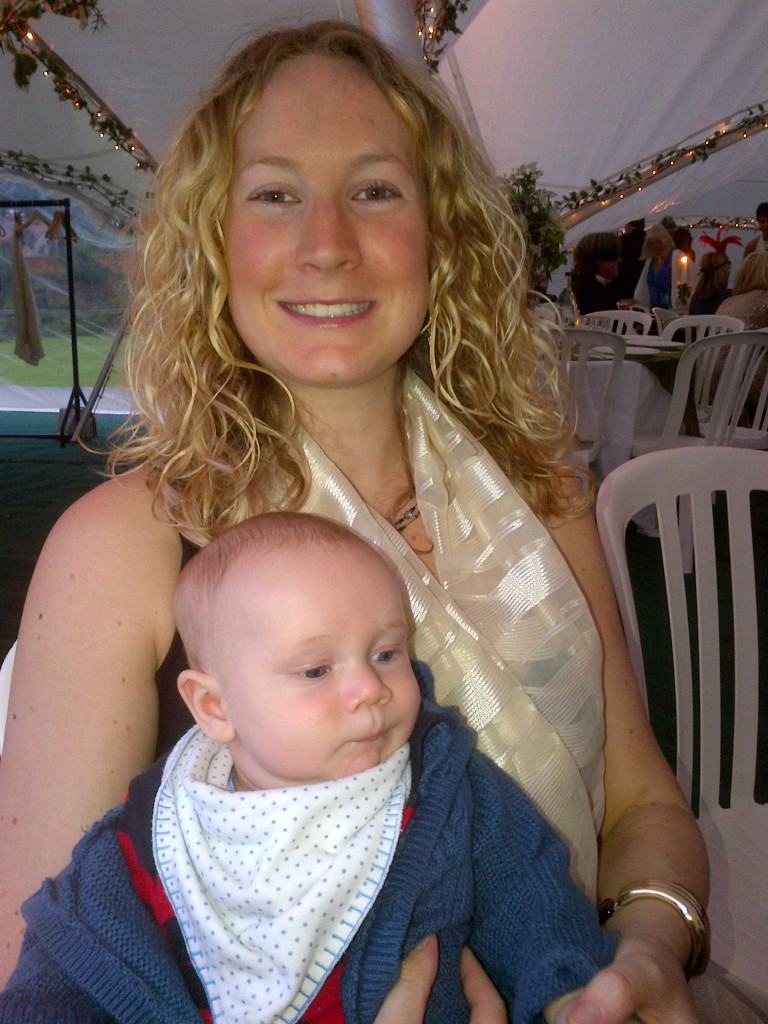

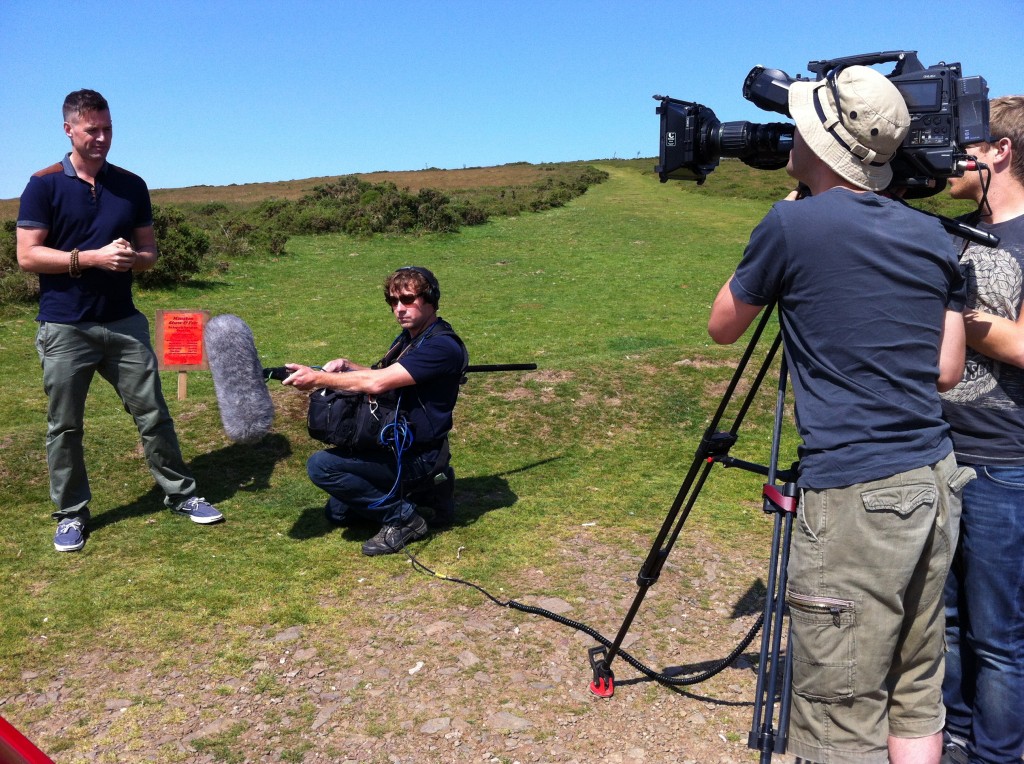
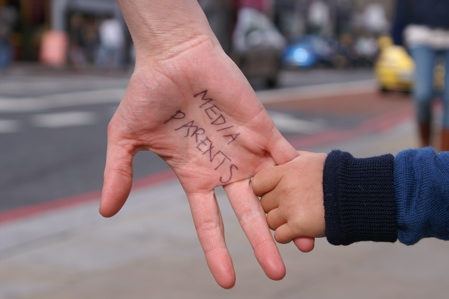















![image001[2]](https://blog.mediaparents.co.uk/wp-content/uploads/2012/11/image0012.jpg)

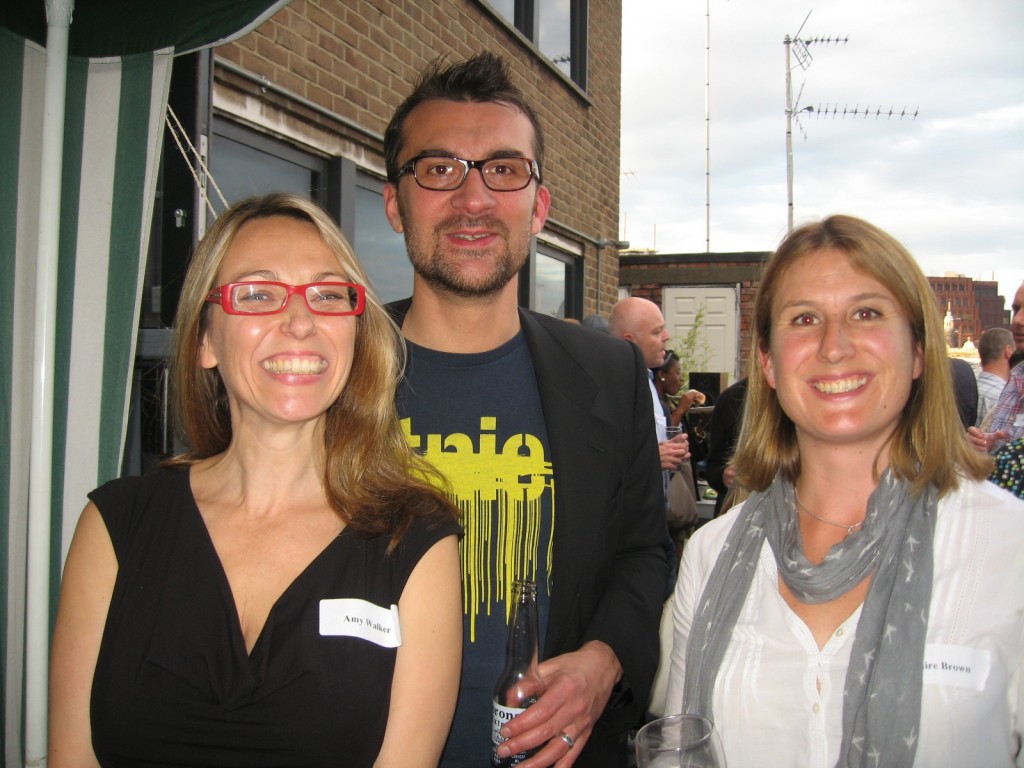
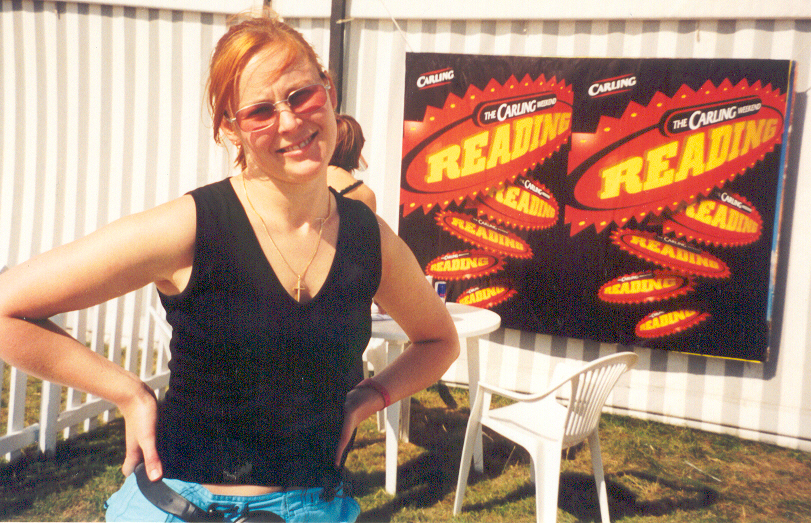
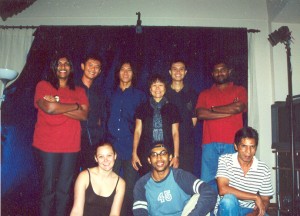
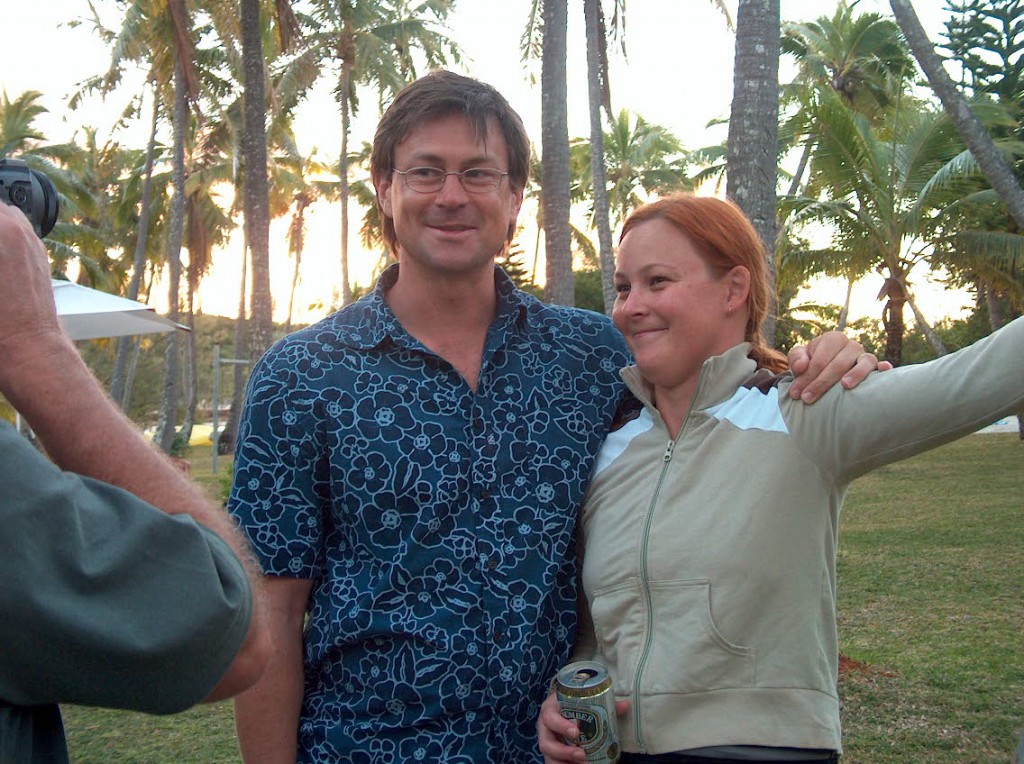
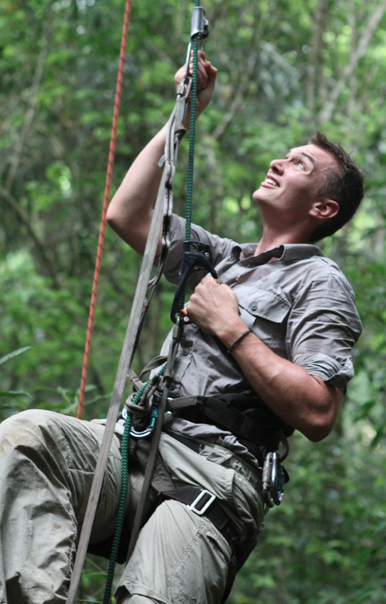
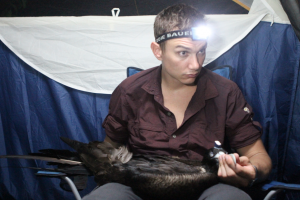
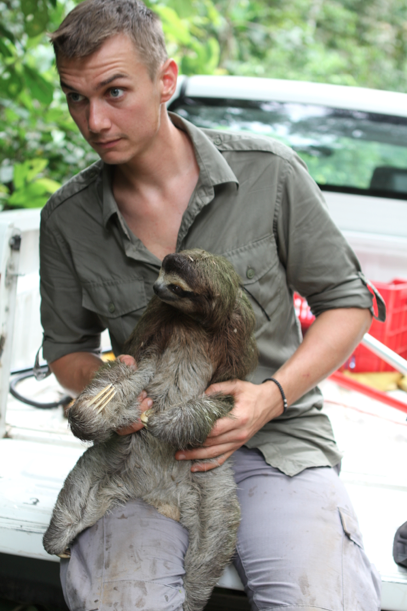
![modified_e40ccab2caaa24b4596859028cdd73da[1]](https://blog.mediaparents.co.uk/wp-content/uploads/2012/10/modified_e40ccab2caaa24b4596859028cdd73da1.jpg)